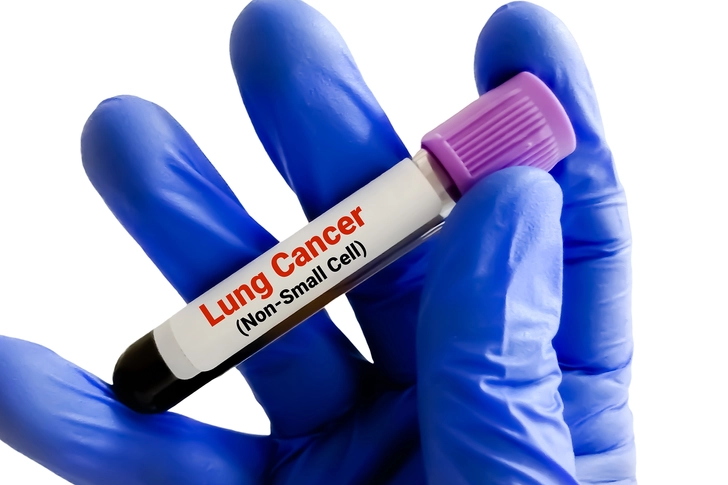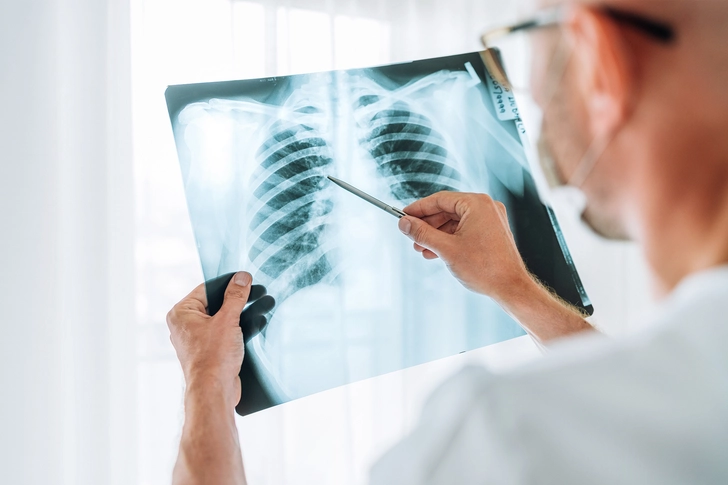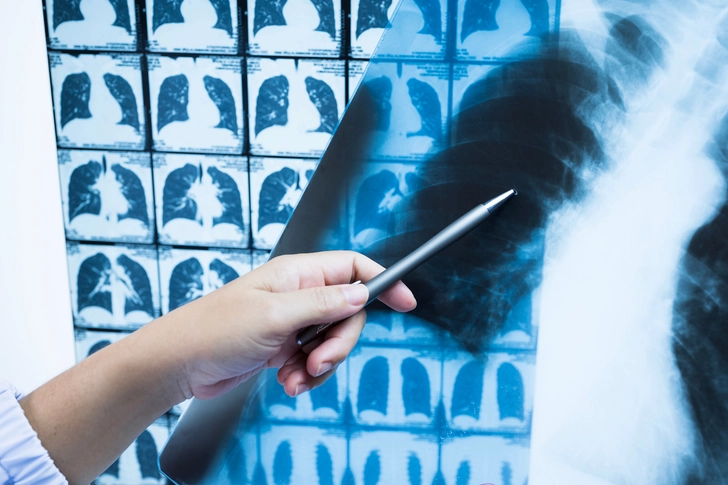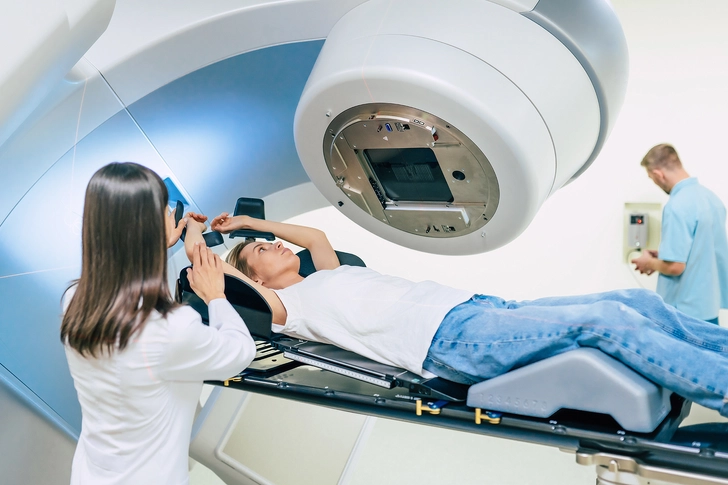- Overview
- Causes, Risks & Prevention
- Signs & Symptoms
- Tests & Diagnosis
- Your Lung Cancer Care Team
- Treatment
- Living With
- Remission & Recurrence
- Support & Resources
- Appointment Prep
- View Full Guide
What Is Inoperable Lung Cancer?


What Is Inoperable Lung Cancer?
Inoperable lung cancer, also called unresectable lung cancer, refers to tumors that can't be completely removed through surgery. This doesn't mean the cancer is untreatable. There are several reasons why lung cancer might be inoperable: the tumor may be too large, located too close to vital organs, or have spread to other parts of the body. In some cases, your overall health may make surgery too risky. Doctors use various tests to determine if lung cancer is inoperable.

Types of Inoperable Lung Cancer
There are two main types of lung cancer:
- Non-small-cell lung cancer (NSCLC): This is the most common type, accounting for about 80% to 85% of lung cancers. It includes subtypes like adenocarcinoma, squamous cell carcinoma, and large cell carcinoma.
- Small-cell lung cancer (SCLC): This type makes up about 10% to 15% of lung cancers and tends to spread quickly. Both types can be inoperable depending on various factors.

Stages of Inoperable Lung Cancer
Lung cancer stages range from I to IV, with higher numbers indicating more advanced cancer. Inoperable lung cancer is often diagnosed at later stages:
- Stage III: This stage is further divided into IIIA, IIIB, and IIIC, depending on the size of the tumor and which lymph nodes are involved. It may be very hard to remove IIIA and IIIB tumors with surgery. IIC cancer can’t be treated with surgery.
- Stage IV: Cancer has spread to more than one area in the other lung, the fluid around the lungs or heart, or distant parts of your body.
However, even early-stage cancers can be inoperable if they're in a difficult location.

Diagnosis
Diagnosing inoperable lung cancer involves several tests:
- Imaging tests (CT scans, PET scans, MRI)
- Biopsy to examine cancer cells
- Pulmonary function tests to assess lung health
- Blood tests to help determine the cancer's stage
Doctors also consider your physical ability to withstand surgery.

Treatment Options
There are several treatments for inoperable lung cancer. These include radiation, chemotherapy, targeted therapy, and immunotherapy. These treatments can be used alone or in combination. The choice depends on the cancer type, stage, and your overall health. The goal is to shrink tumors, relieve symptoms, and prolong life.

New Treatments and Clinical Trials
Research into lung cancer treatments is ongoing. New options include stereotactic body radiotherapy, precisely targeted radiation, proton therapy, and new targeted therapies and immunotherapies. Clinical trials offer access to cutting-edge treatments before they're widely available. Ask your doctor if you may be eligible for these trials.

Life Expectancy
Life expectancy for inoperable lung cancer varies widely depending on the cancer type, stage, and treatment response. Many people live for months or years after their diagnosis. The goal is to manage symptoms and maintain your quality of life. Palliative care can help control pain and other symptoms, allowing you to enjoy time with loved ones and pursue meaningful activities.
PHOTO CREDITS:
Slide 1: 19 STUDIO/Shutterstock
Slide 2: Saiful52/Shutterstock
Slide 3: Soloviova Liudmyla/Shutterstock
Slide 4: Komsan Loonprom/Shutterstock
Slide 5: My Ocean Production/Shutterstock
Slide 6: Gorodenkoff/Shutterstock
Slide 7: Ground Picture/Shutterstock
SOURCES:
American Cancer Society: "Surgery for Non-Small Cell Lung Cancer," "Surgery for Small Cell Lung Cancer," "Tests for Non-Small-Cell Lung Cancer," "Treatment Choices for Non-Small Cell Lung Cancer, By Stage," “Lung Cancer.”
Annals of Oncology: "Early and locally advanced non-small-cell lung cancer (NSCLC): ESMO clinical practice guidelines for diagnosis, treatment and follow-up."
Annals of Thoracic Surgery: "Recalibration of the revised cardiac risk index in lung resection candidates."
Canadian Cancer Society: "Surgery for non-small cell lung cancer."
Journal of Thoracic Disease: "Preoperative evaluation for lung cancer resection."
Lungcancer.org: "Diagnosing Lung Cancer," "Symptoms of Lung Cancer."
National Cancer Institute: "Non-Small Cell Lung Cancer Treatment (PDQ) -- Health Professional Version," “Small Cell Lung Cancer Treatment (PDQ) -- Patient Version,” “Non-Small Cell Lung Cancer Treatment (PDQ) -- Patient Version,” “Cancer Stat Facts: Lung and Bronchus Cancer.”
Seattle Cancer Care Alliance: "Lung cancer treatment."
American Lung Association: “Lung Cancer Basics.”
U.S. National Library of Medicine Genetics Home Reference: “Lung cancer.”
Cancer.net: “Lung Cancer -- Small Cell,” “Lung Cancer -- Non-Small Cell.”